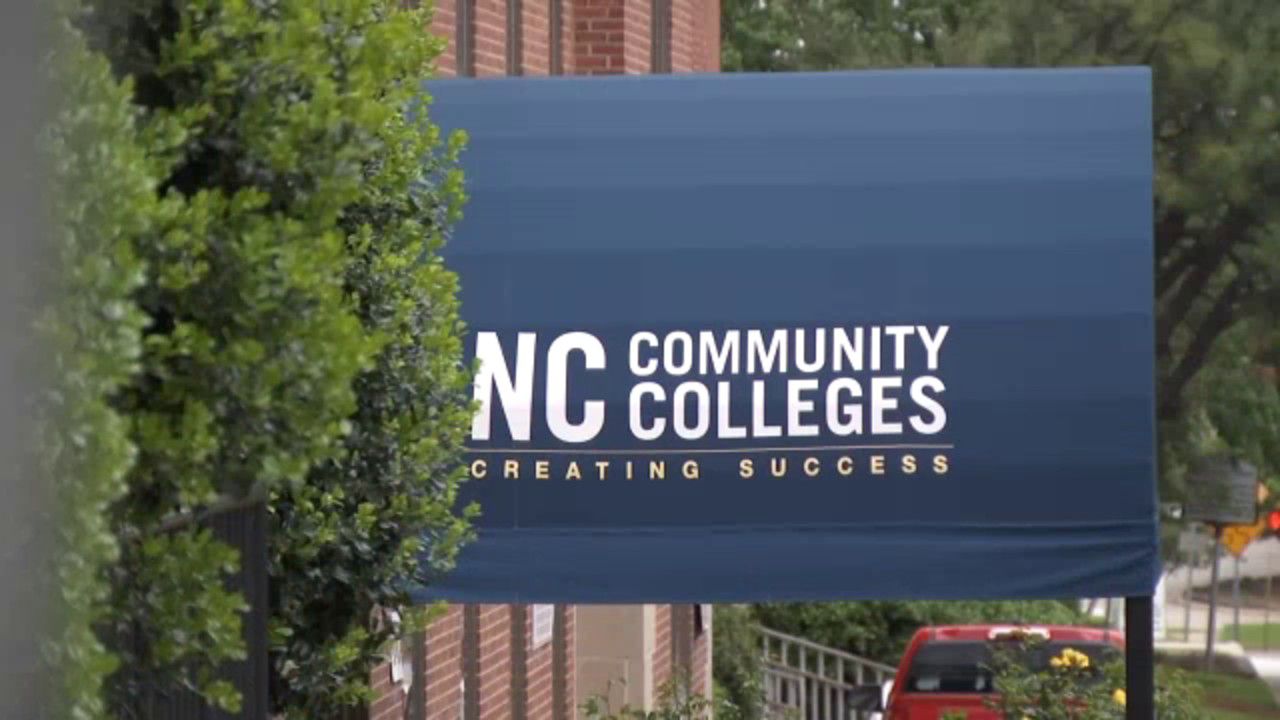RALEIGH, N.C. (AP) — North Carolina’s community college board elevated a local campus president Friday to be the next top executive over its 58 colleges, amid staffing vacancies and legislative efforts to overhaul the governance of one of the country’s largest such systems.
The approval of Wilkes Community College President Jeff Cox by the State Board of Community Colleges after a nationwide search will mark the fifth permanent president of the system since 2015. An interim president has been in place since Thomas Stith resigned in July after 18 months at the helm.
Cox, who will likely start his new job July 1, was the Alleghany County schools superintendent before becoming the Wilkes college president in 2014. Cox said in a news release that he's “excited and ready to lead this great System through a time of dynamic change and tremendous opportunity.” He's already been a leader among his fellow local college presidents, serving as the head of their association since last year.
An outside firm helped the search committee to locate Stith's successor, leading to the receipt of about 40 completed applications, committee co-chair Shirley Carraway said during Friday's state board meeting. Ten face-to-face interviews were held, and the committee narrowed those options to three people interviewed last week by the board and the search committee, Carraway said.
The system’s news release cited among Cox's accomplishments at Wilkes a student program completion rate that more than doubled over five years, record fundraising and the start of an initiative to guarantee students a chance to receive a tuition-free education.
Cox “has proven to be among the best education leaders in the country,” state board chair Burr Sullivan said.
There were no audible “no” votes from the board against Carraway's motion to select Cox, but four members abstained. The board is composed of 22 members — 10 chosen by Democratic Gov. Roy Cooper and eight elected by the Republican-controlled state House and Senate. The lieutenant governor, state treasurer and labor commissioner or their designees hold the remaining voting spots.
The system, considered the third largest in the country and serving nearly 600,000 students annually, has taken recent criticism from Republican legislators and others. They have questioned its nimbleness and the ability for some local schools to train workers for expanding businesses in their regions.
A state Senate measure that could receive a floor vote next week would eliminate the governor's appointments for the state board and on local college trustee boards. The House and Senate ultimately would elect all state board members and most of the campus board members. And while the system president would gain new powers at the expense of the boards, the system president approved by the board would be subject to General Assembly confirmation.
Speaking as the campus presidents' association head earlier Friday, Cox told the state board that while most of his colleagues agreed with lawmakers that the president's role needed to be strengthened, they mentioned concerns about “the balance of local control versus state control."
Like the rest of state government, the community college system is facing problems filling jobs and keeping them filled. The systemwide position vacancy rate as 23.4% in December, compared with 13.7% two years earlier, according to a system report.



